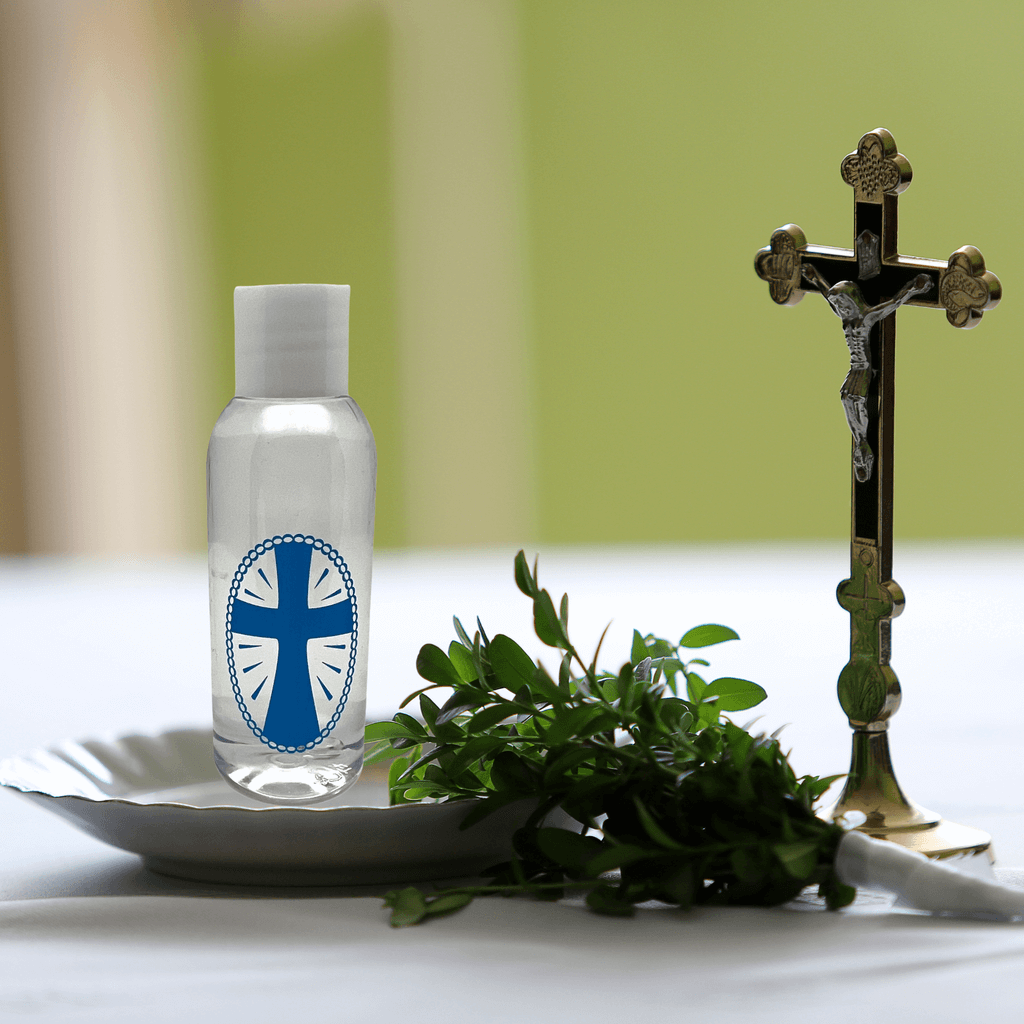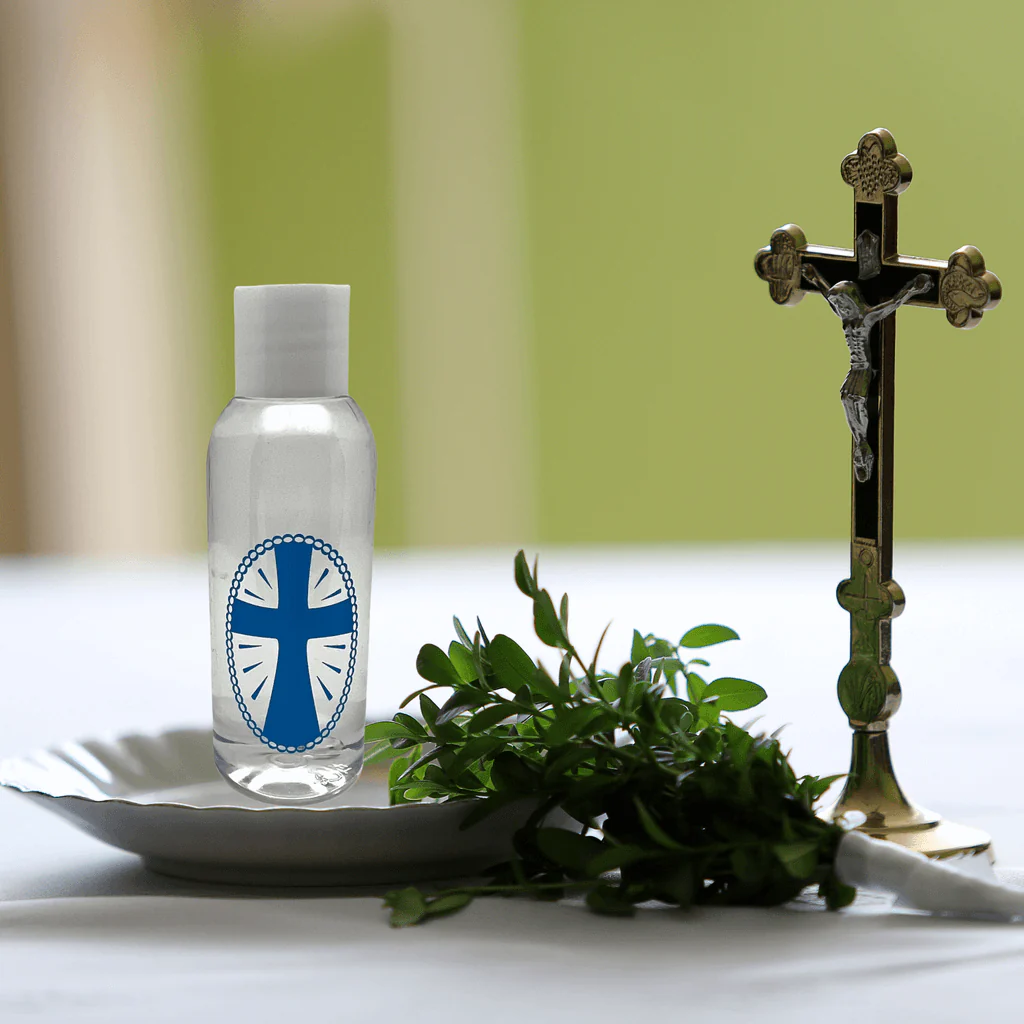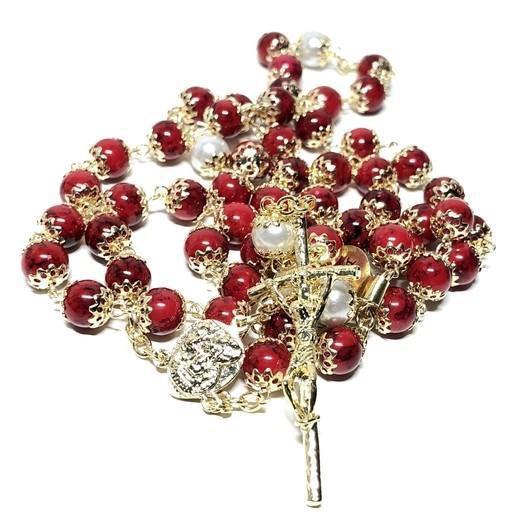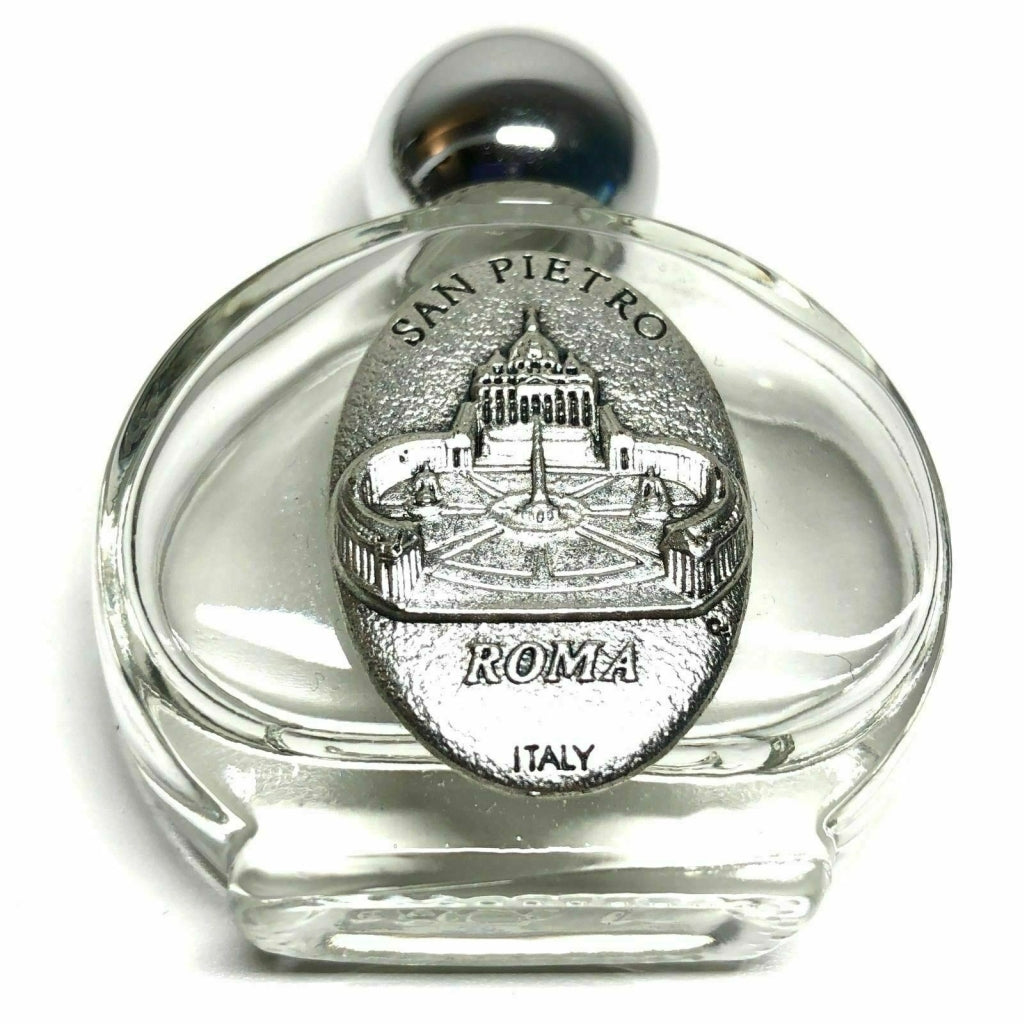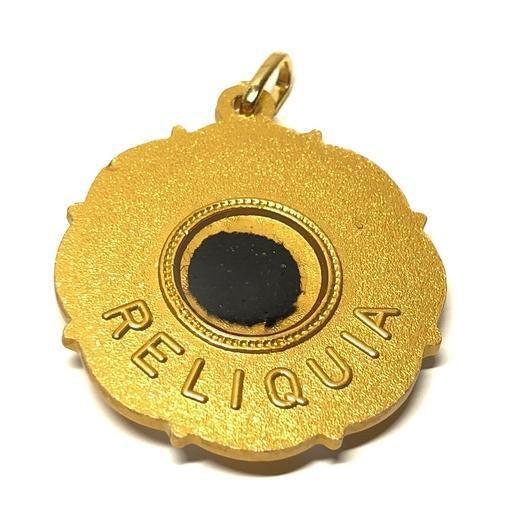Blessings of Sacramentals
A sacramental is a material item, object or activity (sacramentalia) set apart or praised to show respect for the Sacraments, and thus to arouse holy thoughts and increased reverence to God. Sacramentals are an opportunity for increased devotion to God, as the sacred world is accessed through the material world.
A sacrament is a visible evidence of a grace that is intangible. Seven of them were proclaimed by Jesus, and from Him they are rewards to His Church. They give grace. A sacramental, however, is more like a material prayer, objects, blessed by the Church to incite holy thoughts and increase devotion. It is by the church prayers offered to those who seek use of such sacramental, as well as from the dedication which they encourage and inspire, that they express and receive the grace and blessings of God.
Sacramentals can’t replace sacraments, however, the prayers, signs; objects are a way to achieving salvation. It is a common practice of the Catholics to kiss a rosary or scapular that they mistakenly dropped on the floor. Sacramentals can help receive these various benefits such as:
- Obtain graces.
- Forgiveness for sinners.
- Temporary penalty exemption.
- Wellbeing and worldly blessings.
- Protection against evil spirits.
What are the Sacramental Objects?
One may be led to believe that Sacramentals are usually physical objects as they as set apart or blessed by the Church to incite holy thoughts. Some of the most common sacramentals that are known are Holy water, the rosary, medals and statues of saints, scapulars, and the crucifixes. But, most importantly, sacramental is an action, instead of a physical object, meaning, and the Sign of the Cross.
So, by saying, set apart or blessed by the Church, it actually means that the Church suggests the use of the action or object. However, in many instances, specific objects used as sacramentals are blessed and it is usual for Catholics to take it to their parish priest and ask him to bless it when they obtain a new rosary or badge, or scapular. The blessing is the indication that the object will be used purely in the name of God’s worship.
Seeing that the Sacramentals are distinguishable from Sacraments as they are the creations of the Church and not announced by Christ Himself. So the blessings of the Church are added to the individual’s prayers, in turn directing them towards holy thoughts and devotion to God. The objects become the symbol of an individual’s faith and devotion to God. These objects become sacramental when they are prayed upon such as, Holy Medals, Rosary’s, palm leaves, etc. Many sacramentals are used in the public worship; some of them are incense, ashes, holy oils, holy water.
How do the Blessings of Sacramentals Increase Devotion
The simple presence of the physical objects or actions like the Sign of the Cross doesn’t quite make anyone holier. For instance, sacramentals are supposed to remind individuals of the Christian faith’s truths and pander to their imaginations. As the use sacramental objects like The Holy Water or the Sign of the Cross is meant to remind us of our purification (baptism) and the sacrifice of Christ to redeem us from our sins.
Similarly, the saint’s medals, statues, and holy cards serve as a reminder of their virtuous lives, and broaden our imagination to emulate them in their commitment to Christ.
Sacramentals can, thus, be conceived of as an obstacle by those who see superstition in revering symbols and material objects. But, at the same time, it can also be thought of as an opportunity by those who realize that humans, being sensory creatures, need their faith grounded in the material world. While sacraments were instituted by Jesus himself, sacramentals are blessed by Popes, Bishops and sometimes even Priests as well. Since the Church and the Priests and the Bishops are supposed to represent the Christ on Earth, even after his ascension to the heavens, they are naturally the ones to help the masses connect with His Grace via the instrument of sacramental. To dispel the notion of superstition attached to the use of material objects as a means of a connection to the Divine Spirit, it is important to understand the functionality of the sacramentals and, hence, realize the importance of who it is that blesses those objects.
Importance of Religious Objects blessed by the Pope
The fundamental theological aspect of this process is that sacramentals are merely regarding the objects as being set aside for holy use. Any “blessing” and/or “use” the object may have derives it from God’s will alone. Thus, the object itself is not the source of power and to believe as such would be a form of idolatry. The object is just a sign and a carrier for the blessings of God. The church can bless people, objects and even animals, to remind the receiver of how they’re the companion of the Christ and His Church. Since the Church and The Pope are supposed to be the representative of God on Earth, it becomes important to note that not everyone could sanction the use of sacramentals. Only the Church and those who represent it, are deemed to have that authority, which makes logical sense since the object being blessed, is being blessed by the will of God and they are the chosen representatives of Him. The need of that direct connection of, that ordinarily common, object, with God, necessitates an intermediary to establish a direct link and that intermediary is the Church in this case.
Conclusion
The blessed sacraments are meant to be dealt with respect. They should be respectively destroyed when they have endured their usability. For example, a broken fragment of a statue, or a badly stained scapular, should then be charred or buried, rather than being thrown out with the garbage. The materials which are consecrated should be disposed of with respect, and restored to the earthly aspect.
Therefore, Sacramentals serve as a reminder for Catholics, and their faith and devotion for the Christ.


